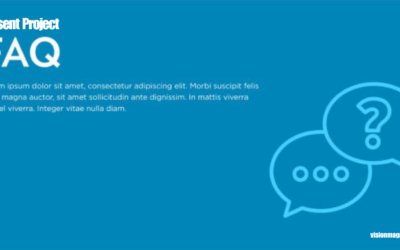
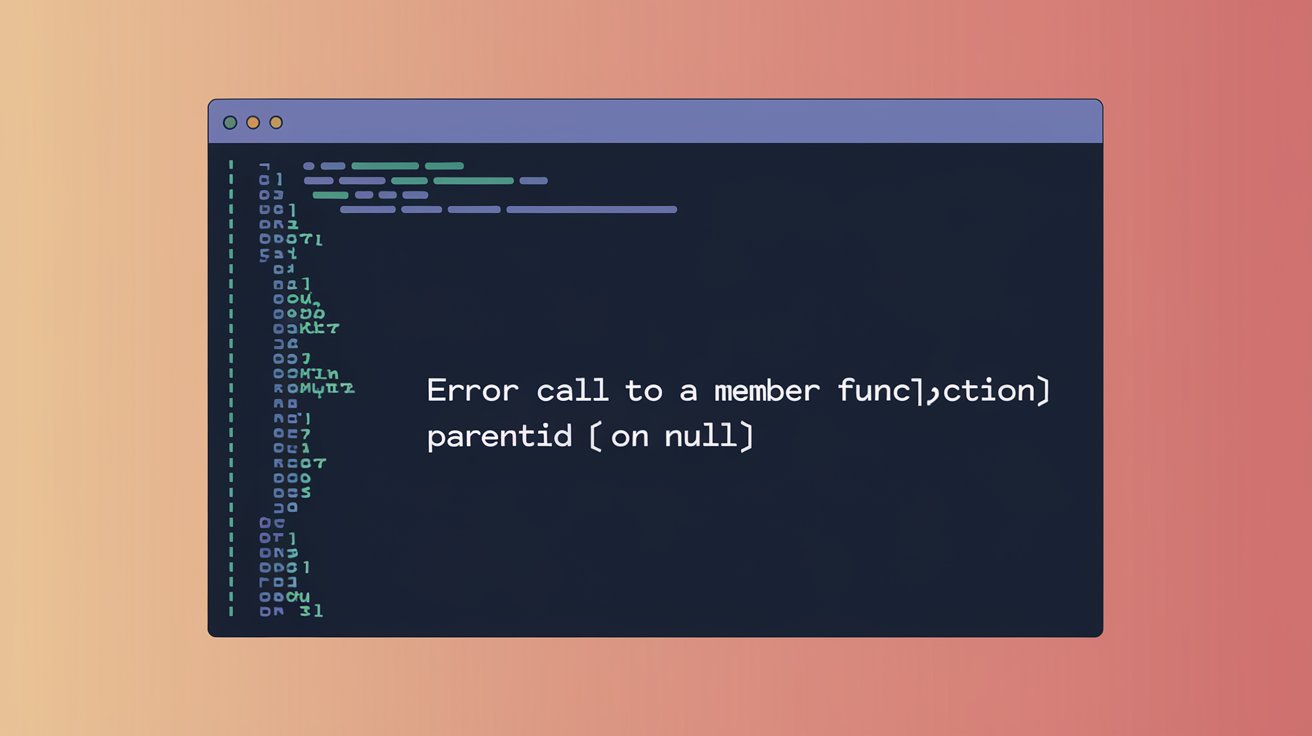
Error Call to a Member Function getCollectionParentId() on Null
If you’ve encountered the “error call to a member function getCollectionParentId() on null” message, it likely threw you into debugging mode. This error is commonly seen in programming, especially when dealing with object-oriented languages like PHP. It often occurs when you’re trying to call a method on a null object. But what does this mean, and how can you fix it? Let’s break it down.
What Does This Error Mean?
At its core, this error message means that your code is attempting to access a function (in this case, getCollectionParentId()) on an object that hasn’t been properly initialized or assigned a value, resulting in the object being null. When an object is null, trying to call a function on it is impossible, as there’s no object to interact with.
The error breaks down into several parts:
- “Call to a member function”: This portion tells you that a method, which belongs to an object, is being called.
- “getCollectionParentId()”: This is the specific method you’re attempting to access. In this case, it’s a function that retrieves a parent ID from a collection.
- “on null”: This is the critical part. It indicates that the object you’re trying to use is
null, meaning it doesn’t contain any data or reference to an actual object.
In layman’s terms, the code is trying to perform an action on something that doesn’t exist. Imagine trying to open a door that isn’t there—clearly, that action cannot be completed.
Common Causes
Several issues could lead to this error, ranging from simple oversights to more complex logic problems. Below are the most common causes:
1. Null or Undefined Object
The object you’re trying to access might not have been initialized correctly. It could either be undefined or null due to a previous part of your code failing to create or assign the object properly.
For example:
phpCopy code$myObject = null;
$parentId = $myObject->getCollectionParentId(); // This will trigger the error.
2. Incorrect Object Reference
Sometimes, the object reference you’re working with may not point to the correct instance of the object. It could have been set to null unintentionally or lost in the program’s flow.
3. Conditional Logic Mistakes
Another common reason is when conditional logic fails to check whether the object is null before attempting to call its methods. A missed or misplaced condition could result in this error.
For example, if you’ve written logic like:
phpCopy codeif ($someCondition) {
$parentId = $myObject->getCollectionParentId(); // What if $myObject is null?
}
4. Database or API Return Errors
If your object is being populated based on data from a database or external API, an error in the return data could result in the object not being created properly. This would lead to the object being null when you attempt to use it.
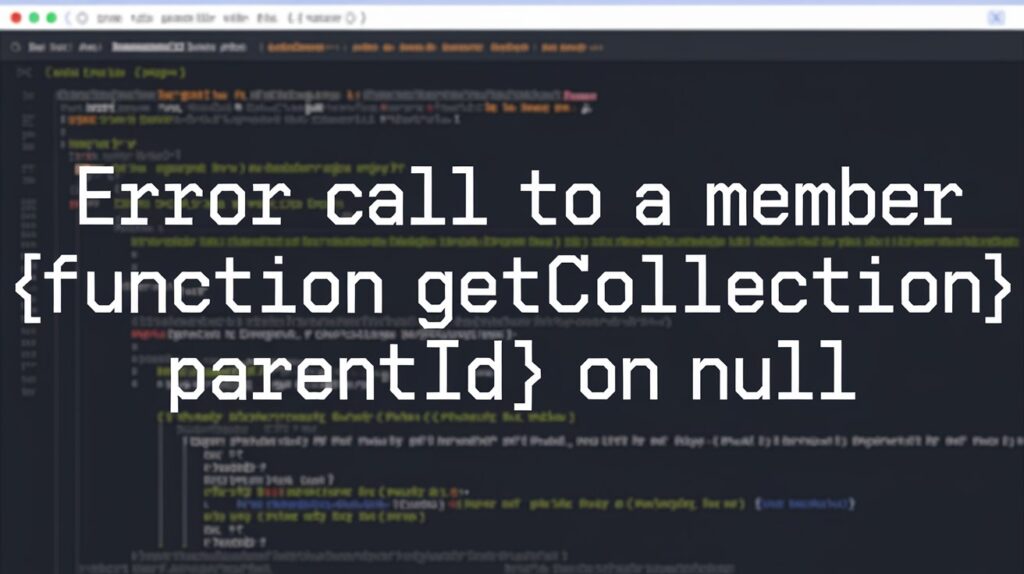
Solutions to Fix the Error
The good news is that this error is preventable and fixable. Let’s dive into the most effective solutions.
1. Check for Null or Undefined Objects
The first step is to ensure that the object is not null before attempting to access its methods. You can achieve this by using a simple conditional statement in your code.
Example:
phpCopy codeif ($myObject) {
$parentId = $myObject->getCollectionParentId();
} else {
// Handle the null case here, maybe log an error or assign a default value
echo "Object is null, cannot retrieve parent ID.";
}
This condition checks whether $myObject exists. If it does, it proceeds to call getCollectionParentId(). If it doesn’t, the else block executes, and you can handle the error gracefully.
2. Ensure Proper Initialization
Always double-check that your object is initialized properly before you use it. This means making sure that your object is created or assigned a value before any method calls are made.
Example:
phpCopy code$myObject = new MyClass(); // Ensures $myObject is an instance of MyClass
$parentId = $myObject->getCollectionParentId(); // Now it works!
Initialization is often missed when developers assume the object will always be available, but a misstep in code logic could lead to the object being null.
3. Debugging and Tracing
One effective way to pinpoint where the object becomes null is to use debugging tools or log the state of the object at different points in the code.
For example:
phpCopy codevar_dump($myObject); // Output the current state of $myObject to see if it is null
Using debugging tools or print statements helps you trace where the object might lose its value, allowing you to identify and fix the problem faster.
4. Review Conditional Logic
If you’re using conditional logic to determine whether to call a method on an object, make sure the conditions are correct and comprehensive.
Example:
phpCopy codeif ($myObject !== null && method_exists($myObject, 'getCollectionParentId')) {
$parentId = $myObject->getCollectionParentId();
}
This logic checks if the object is not null and if the method exists on the object before attempting the function call, thereby avoiding the error altogether.
5. Exception Handling
In some cases, you might want to use exception handling to catch errors like these and manage them gracefully.
Example:
phpCopy codetry {
$parentId = $myObject->getCollectionParentId();
} catch (Error $e) {
echo "An error occurred: " . $e->getMessage();
}
This way, if an error does occur, it won’t crash your program, and you’ll have a chance to handle the situation effectively.
Also Read: Unlock Versatility with the ASUS 2-in-1 Q535: Your Ultimate Computing Companion!
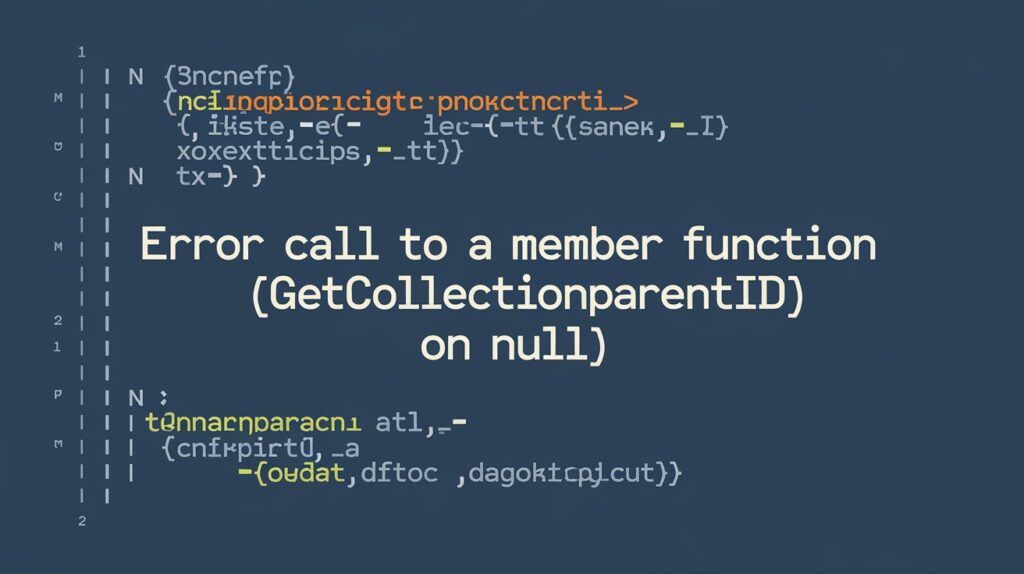
Conclusion
The “error call to a member function getCollectionParentId() on null” is a common problem in programming, particularly in object-oriented languages like PHP. It stems from trying to call a method on an object that is null or hasn’t been properly initialized. Thankfully, the solutions to this error are straightforward—checking for null objects, ensuring proper initialization, debugging, and reviewing logic can all help you resolve the issue.
By implementing these techniques, you can not only fix this error but also prevent it from happening in the future. With proper error handling and object management, your code will run more smoothly, and you’ll avoid frustrating issues like this one.








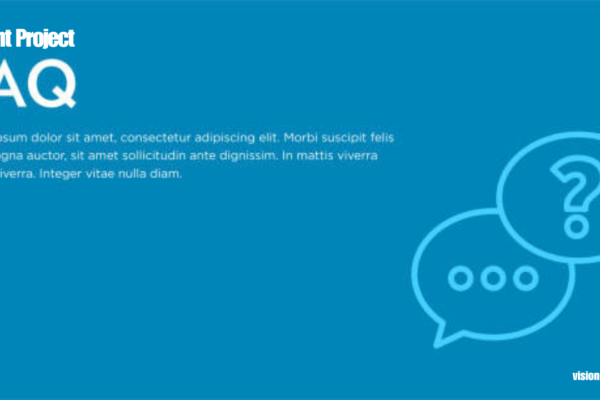



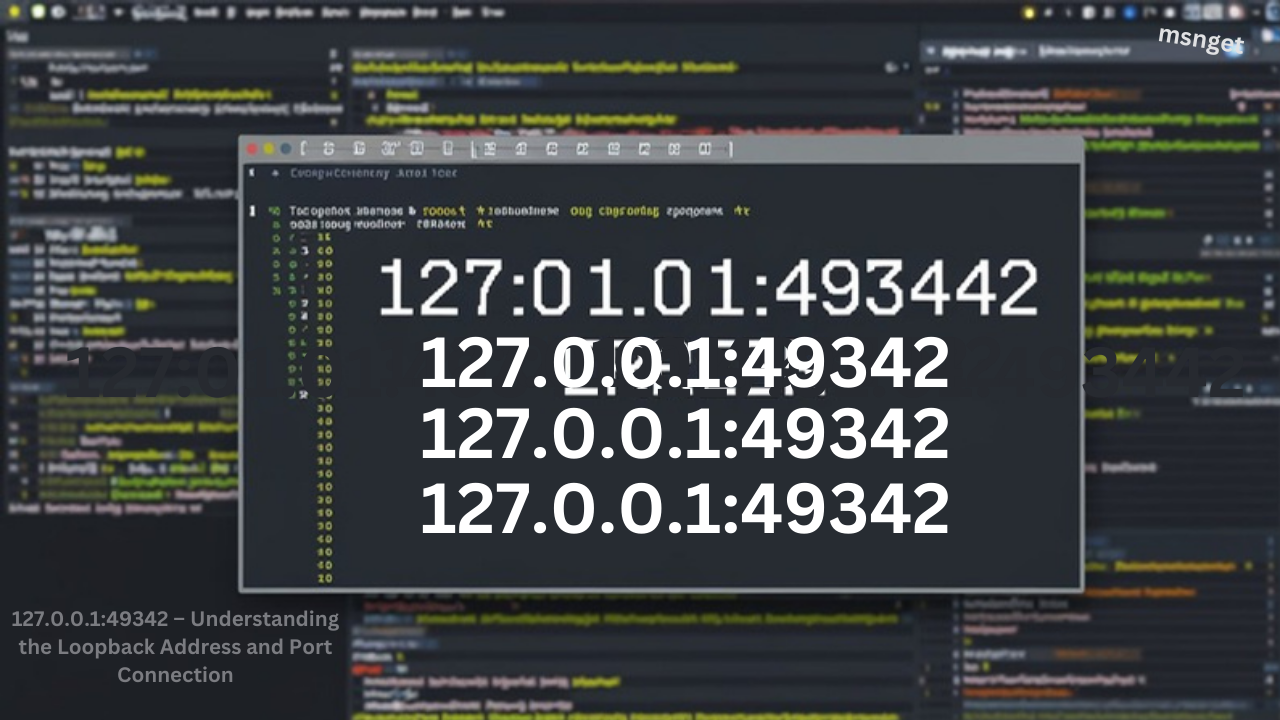


3 thoughts on “Error Call to a Member Function getCollectionParentId() on Null”